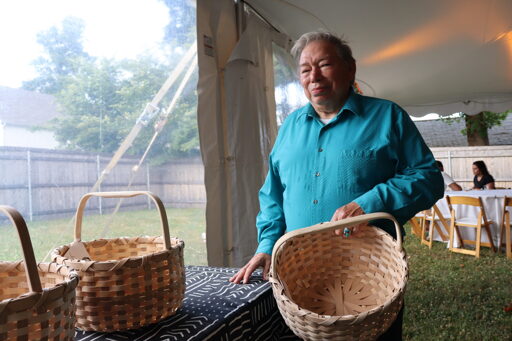cross-posted from: https://hexbear.net/post/5055533
With the brief window for fiddlehead foraging nearing its close, citizens of the Mi’kmaq Nation hope to collect the traditional food source this week from the Aroostook River flood plain to test as part of their research into understanding, and in turn reducing, forever chemicals in the food supply.
However, they may no longer be able to afford to do the testing they’d planned.
Following months of preparation after securing federal funding in September, the team received an email from the U.S. Environmental Protection Agency’s Office of Mission Support on May 13 stating that their four-year grant had been terminated, effective immediately.
“The objectives of the award are no longer consistent with EPA funding priorities,” the email read.
The EPA terminated all of the ten grants it had awarded for research into reducing per-and polyfluoroalkyl substances, otherwise known as PFAS, in plants and animals, including two others to Maine-based teams led by the Passamaquoddy Tribe and the University of Maine. PFAS have been linked to long term adverse health outcomes, such as cancers and weakened immune systems, and their pervasiveness in agriculture is not fully understood.
“It’s complete overreach,” said Chelli Stanley, co-founder of an organization committed to cleaning contaminated land, Upland Grassroots, which is part of the research team headed by the Mi’kmaq Nation. “We’re going to appeal. We’re also seeking legal aid.”

